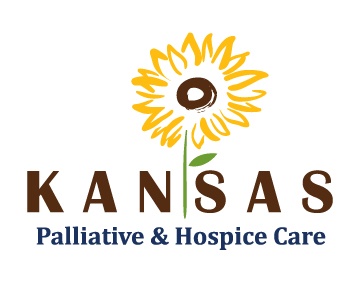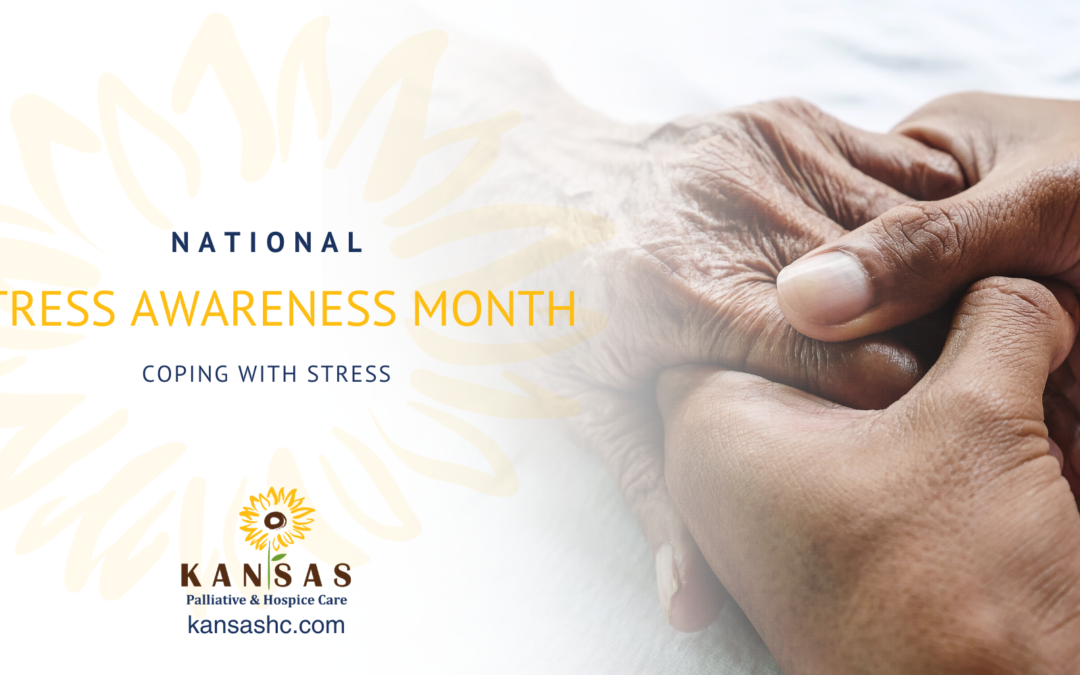As we observe National Stress Awareness Month, it’s important to shine a light on the unsung heroes in our society: caregivers. These remarkable individuals selflessly dedicate their time and energy to caring for loved ones, often at the expense of their own well-being. According to recent studies, caregivers are at a higher risk of experiencing chronic stress, anxiety, and burnout due to the demanding nature of their role.
First established in 1992, National Stress Awareness Month invites individuals and organizations to raise awareness about the prevalence of stress and the importance of effective stress management techniques. The heart behind this essential observance can be traced back to the compassionate efforts of the Health Resource Network (HRN), a non-profit health education organization. Fueled by their unwavering dedication to the community’s well-being, the HRN launched a groundbreaking campaign to empower individuals by providing them with knowledge about the profound effects of stress and equipping them with effective strategies to manage it. This month encourages us to prioritize self-care, seek support, and explore stress-relief strategies that can enhance our overall well-being.
Research has shown that caregivers frequently neglect their own physical and emotional health, leading to increased stress levels and a higher likelihood of developing health issues themselves. The responsibilities of caregiving can be overwhelming, leading to feelings of isolation and exhaustion. It’s crucial for caregivers to prioritize self-care and seek support to navigate the challenges they face daily.
For those in caregiving roles, whether professional or familial, it’s important to recognize the signs of stress and seek help when needed. Organizations like the American Psychological Association offer valuable resources and tips for managing stress. You can access their resources here.
To all the dedicated caregivers, we understand the unique challenges you face daily. Caring for a loved one can be emotionally and physically exhausting, leaving little time and energy for self-care. That’s why we’ve compiled a list of stress-relieving activities specifically tailored for caregivers, backed by research to offer guidance and support:
- Mindfulness and Meditation: Taking a few moments to practice mindfulness and meditation can help alleviate stress and provide a sense of calm amidst the chaos. Research by the National Center for Complementary and Integrative Health shows the positive effects of mindfulness on stress reduction. Cultivate a daily practice of mindful breathing and guided meditations to center your mind and bring peace into your day.
- Physical Exercise: Engaging in regular physical activity not only benefits your physical health but also has a significant impact on your mental well-being. Take a walk, participate in yoga or tai chi, or engage in any exercise that brings you joy and relaxation. The release of endorphins during exercise can uplift your mood and reduce stress levels.
- Connect with Supportive Communities: Reach out to caregiver support groups, both in-person and online. Connecting with others with similar experiences can provide a valuable support network, allowing for open dialogue, shared wisdom, and emotional comfort. Local hospitals or healthcare organizations often offer caregiver support programs; consider joining one to find solace in shared experiences.
- Journaling: Expressive writing can be incredibly therapeutic. Set aside time each day to write down your thoughts, emotions, and reflections. Research suggests that expressive writing improves well-being and reduces symptoms of stress and anxiety. Give yourself permission to pour your heart onto the page and find release in the process.
- Self-Care Rituals: Embrace self-care as a vital component of your well-being. Integrate activities that bring joy and relaxation into your daily routine, whether taking a luxurious bath, indulging in a favorite hobby, listening to calming music, or immersing yourself in a good book. Prioritizing self-care helps you recharge and replenish yourself, enabling you to provide better care to your loved ones.
While these stress-relieving activities can make a positive impact, there are instances when professional assistance is necessary. Hospice care, with its tailored support for individuals facing end-of-life challenges, can offer profound comfort and assistance to both caregivers and their loved ones. Hospice care focuses on enhancing the quality of life, providing physical and emotional comfort, and addressing the spiritual needs of individuals and their families during this delicate time.
At Kansas Palliative & Hospice Care, we understand the complexities of caring for loved ones and the toll it can take on caregivers. Our compassionate team stands ready to provide personalized support, ensuring dignity, comfort, and peace for every person in our care.
On this National Stress Awareness Month, we invite caregivers to embrace the importance of self-care and seek the resources and support they need. Remember, you are not alone in this journey, and together, we can navigate the challenges of caregiving with compassion and grace.
Need help? Contact us at (913) 353-6525.


